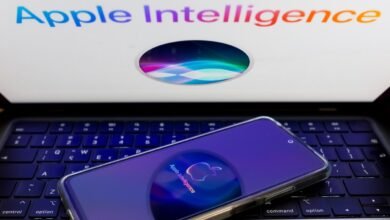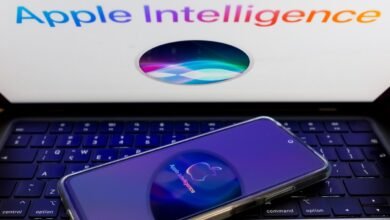Apple Staff Report Siri Issues in Early iOS 26.4 Builds

▼ Summary
– Apple plans to release its new AI-powered Siri in iOS 26.4 early next year after significant delays.
– Some Apple engineers testing the software have concerns about the current performance of the voice assistant.
– Apple previously delayed the new Siri by about a year because it didn’t meet the company’s quality standards.
– The company is reportedly testing two approaches for Siri: one using on-device AI models and another using Google Gemini.
– There are concerns that Apple may struggle to retain AI talent if the new Siri fails to perform well upon release.
Apple is preparing to launch its highly anticipated AI-enhanced Siri with the upcoming iOS 26.4 release early next year, following significant development delays. Despite the extended timeline for refining the technology, internal reports from Apple engineers testing preliminary builds indicate ongoing performance issues with the voice assistant. These concerns arise even as the public debut remains roughly six months away, leaving room for potential improvements before the final version ships.
According to recent industry reports, some members of Apple’s internal testing teams have voiced apprehension regarding Siri’s capabilities in early iOS 26.4 builds. One prominent industry observer suggested that further departures among senior AI staff could occur if the revamped Siri fails to meet expectations upon release. While the software is still in an early stage, these initial impressions have cast a shadow over what Apple hopes will be a landmark upgrade.
The company’s journey in the artificial intelligence domain has encountered several hurdles. Under mounting competitive pressure, Apple introduced its Apple Intelligence platform at WWDC24, outlining a vision for on-device AI features. While several components, such as enhanced photo editing tools and ChatGPT integration, were delivered within iOS 18, the most ambitious element, a fully redesigned Siri, did not materialize as planned.
Originally slated for release in iOS 18.4 or 18.5, the next-generation Siri was delayed by approximately a year after internal evaluations determined it did not satisfy the company’s quality benchmarks. Apple executives later confirmed that additional time was required to overhaul Siri’s underlying architecture, with a new target set for 2026.
Insiders report that Apple has pursued a dual-path strategy in developing the new Siri. One team has focused on an on-device AI model, while another has explored a cloud-based approach leveraging Google’s Gemini technology through Apple’s Private Cloud Compute infrastructure. This internal “bake-off” was intended to determine the most effective path forward, though it remains unclear which model is being used in the current iOS 26.4 builds.
Given Apple’s historical challenges in recruiting and retaining top AI talent, some analysts speculate the company may ultimately depend more heavily on its partnership with Google. While Apple’s preference is to deploy its proprietary technology, early internal feedback suggests that the on-device model may not yet be performing at the level required for a successful launch.
The coming months will be critical as Apple’s engineering teams work to address these concerns. With the planned debut of iOS 26.4 approaching, the performance and reliability of the new Siri will be closely watched by consumers and industry experts alike.
(Source: 9to5 Mac)





